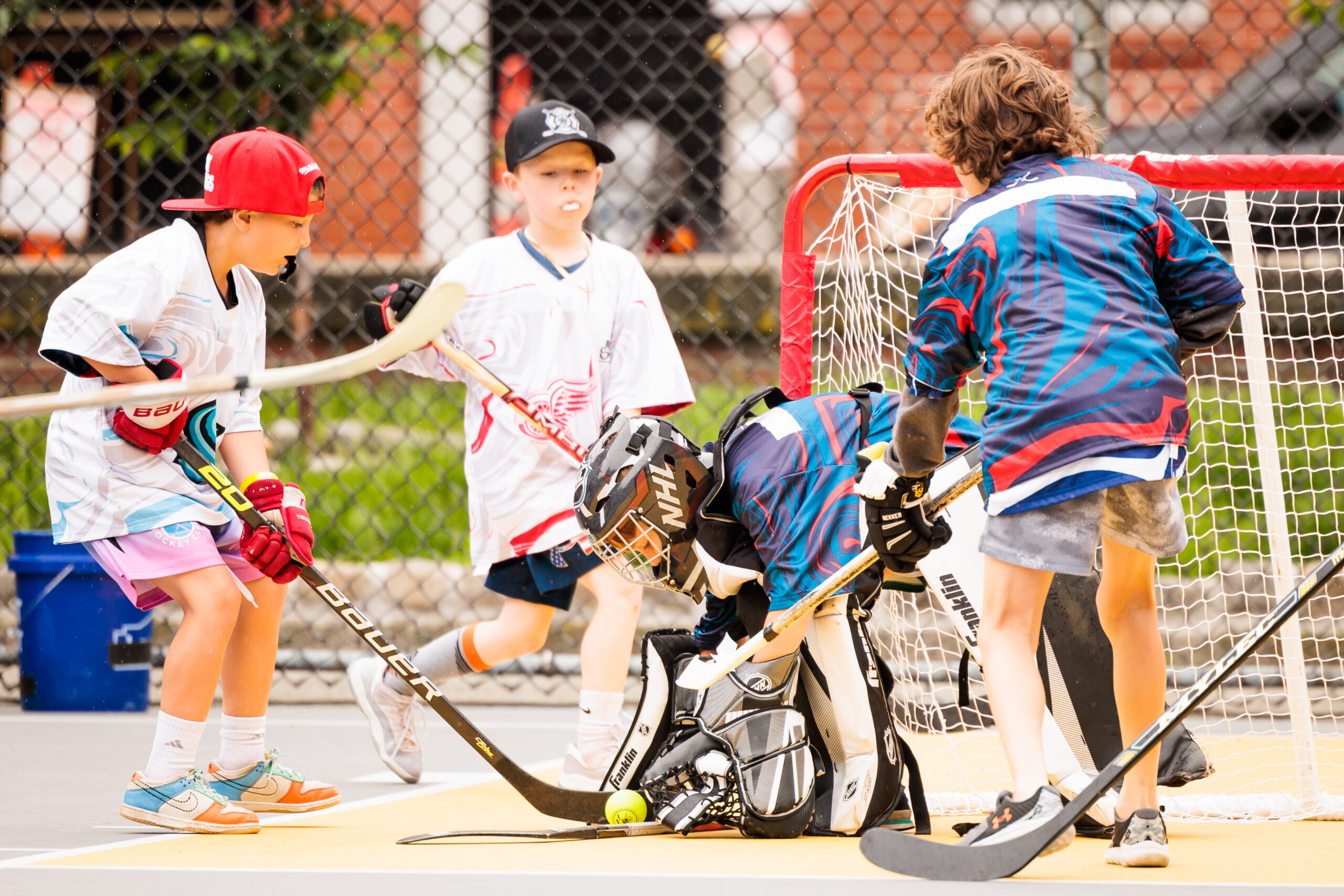The benefits of being a multisport athlete
With youth sports becoming increasingly competitive—on top of more opportunities for year-round play—many parents find themselves asking: should my child specialize in one sport?
While there are plenty of reasons to specialize in a single sport, such as achieving early success and exposure to elite clubs, there’s a lot of evidence behind the benefits of playing multiple sports, too. The NHL encourages all children and families to play multiple sports for as long as possible.
The benefits of playing multiple sports
Being a multisport athlete comes with many advantages. In fact, some college coaches specifically seek out multisport athletes when recruiting. Here’s what the research says about playing multiple sports.
Experience less burnout
With added pressure to perform, single-sport athletes experience increasing rates of burnout, both physical and mental. But athletes who take part in a range of physical activities throughout the year typically find more enjoyment and enthusiasm in their sports. So, as counterintuitive as it may sound, multisport athletes are more likely to experience long-term success than their one-sport peers.
Limit fatigue and overuse injuries
Single-sport athletes are more likely to suffer an overuse injury, which occurs when you repeat the same motion over again, targeting the same muscle groups. However, when athletes play multiple sports, they give these muscles, tendons, and ligaments a much-needed break and more time to heal. As an added benefit, they’re also improving their overall conditioning and agility.
Increase skill sets
An athlete who plays one sport is constantly focused on the same skills, while athletes who play multiple sports get a chance to learn different aspects of game awareness, communication, hand-eye coordination, speed—you name it. And these skills transfer from one sport to another, boosting their performance.
Become the ultimate team player
Playing multiple sports can offer opportunities to be out of your comfort zone. For example, let’s say an athlete excels in one sport, but sits on the bench in another. Or maybe they compete in a team sport, and then experience the discipline of an individual sport. In other words, multiple sports provide new ways to teach kids how to overcome adversity and work toward a goal. These are life lessons they’ll carry, no matter what sport they play.
Should my child play multiple sports?
At the end of the day, this answer depends on your athlete, their goals, and their sport. For example, according to the NCAA, Division 1 athletes who compete in gymnastics, soccer, tennis, and hockey are more likely to specialize early. That said, it’s clear that many athletes find success playing multiple sports and go on to stay active through adulthood. As long as your athlete is having fun and staying healthy, you’re on the right path.
Families should consider recreational play opportunities like NHL Street to provide children an outlet to stay involved in additional sports without the pressure, time commitment or spend required by elite athletic pathways.






